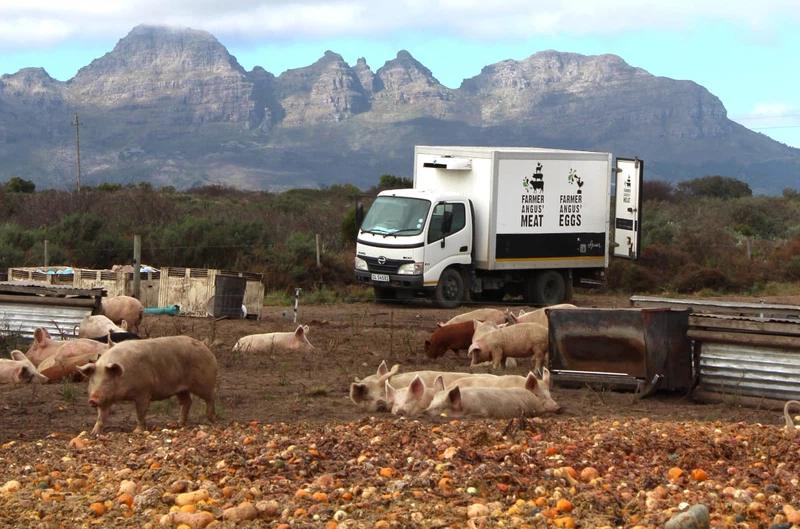
Pick n Pay pilots first zero-waste supermarket store
Pick n Pay has launched its first zero-waste supermarket pilot in Cape Town, reinforcing its commitment to reducing food waste.

Pick n Pay has launched its first zero-waste supermarket pilot in Cape Town, reinforcing its commitment to reducing food waste.
ALSO READ | Pick n Pay launches collectable Springbok shopping bags
The pilot tests a net-zero waste model by diverting food waste to local farmers, composters or waste-to-energy facilities.
All edible surplus food – food that has passed its sell-by date but not its use-by date – is already donated to FoodForward SA, which feeds almost a million people daily through 2 750 beneficiary organisations.
Pick n Pay hopes to replicate the model in more stores nationwide, with plans already in the pipeline to extend the concept to its distribution centres.
FOLLOW | The South African goes GREEN and GOLD for Rugby World Cup 2023
Pick n Pay Stellenbosch Square is piloting the model, and the store has partnered with supplier Farmer Angus, diverting approximately 600kg of food waste per week from landfills.
This is expected to save 1 500kg of carbon emissions weekly – which is equivalent to a savings of 7 000km of emissions from a standard petrol car.
Steffen Burrows, Sustainability Manager at Pick n Pay, says this model will mitigate harmful environmental effects of waste disposal while creating a virtuous cycle supporting local agriculture.
“Food waste is a significant contributor to carbon emissions. The partnership with Farmer Angus will see the nearby store’s expired food waste diverted from landfills to Farmer Angus’s pigs, effectively turning waste into a valuable resource for farmers,” says Burrows.
He says this innovative initiative grows Pick n Pay’s participation in the circular economy.
“We are repurposing organic waste as animal feed, effectively closing the loop on waste generation and consumption. What brings this project even more full circle is that we stock Farmer Angus’ products on our shelves.”
ALSO READ | Pick n Pay rallies behind the Springboks with new green and gold logo
Angus McIntosh, the owner of Farmer Angus, says, “his pigs are delighted with their new varied diet, which varies from fruit and vegetables to expired doughnuts”
“Not only do the pigs that eat the food waste become cured meat sold in Pick n Pay stores, but expired food is no longer going to landfill, which means that no methane will be discharged into the atmosphere from the food waste. Methane has 25 times the global warming potential of CO2.”
PICTURE | Pick n Pay stores pay tribute to founder Raymond Ackerman
Farmer Angus, a renowned grass-fed beef and pork farm that follows regenerative agricultural principles and practices, is passionate about reversing climate change.
Their efforts to farm with nature – rather than against it – saw them become one the first farms in the world to be paid carbon credits in 2014 for increasing the carbon contents in the pastures where its cattle graze.
“This pilot transcends carbon footprint reduction. This brings a new era of conscious consumerism, environmental stewardship, and community collaboration. By collaborating with Farmer Angus on this pilot, we are aligning our efforts to magnify the positive impact we can make on the environment,” says Burrows.
Staff at Pick n Pay Stellenbosch Square will separate food and organic waste from general waste and recyclables.
All food not donated for human consumption is placed into separate bins, de-packaged in the waste service area, and sent to Farmer Angus.
This includes all food except pork products, for which the retailer is trailing a composting solution as part of the pilot.
“We want this pilot will serve as a blueprint for future sustainability endeavours across our stores and beyond,” concludes Burrows.
This initiative forms part of the Pick n Pay Group’s commitment to reducing food waste and its environmental impact.
The retailer has set a goal to reduce food waste in its organisation by 50% by 2030, and last year, Pick n Pay successfully diverted 62% of food waste from landfills through donations and prevented surplus food from going to waste.
